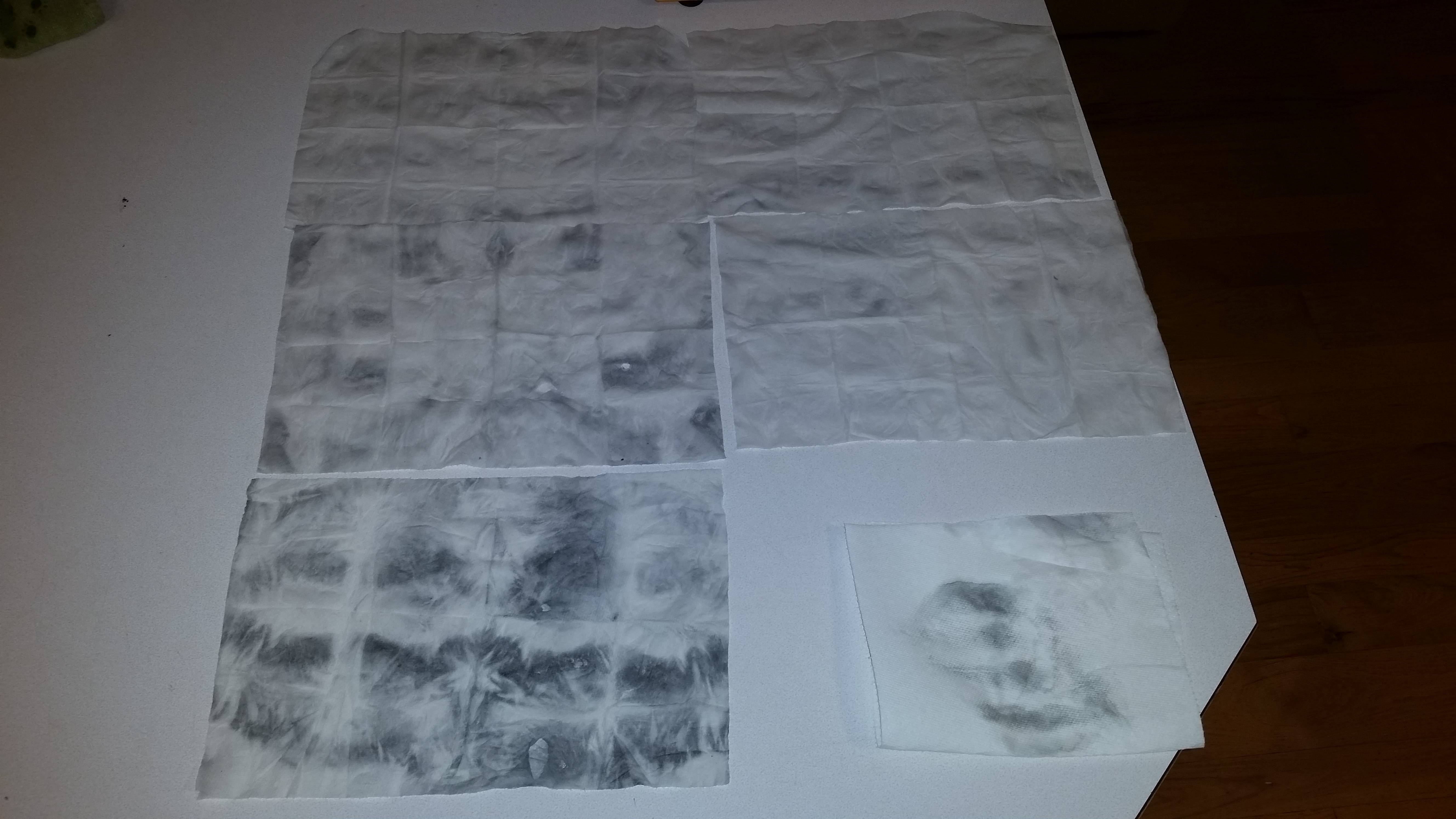barnaclebob
Well-Known Member
I don't know if I'm just an idiot or that more people don't know any better but I have been getting a lot of metallic residue in my Sabco fermenter due to using scotch brite to clean it. It only took me about 10 brews to realize the source. This is actual scotch brite and not cheap off brand scotch brite. I know that scoth brite comes in many different levels of abrasiveness but apparently the green stuff is too much for my stainless.
Sponges only from now on. The picture is after I scrubbed with scotch brite and did a PBW soak. I have been getting this problem without the pbw soak though Started on the bottom left and head clockwise. I did not get the metallic residue on the outside of the keg so I decided to scrub a small patch and see. That resulted in the bottom right paper towel and confirming my suspicions.

Sponges only from now on. The picture is after I scrubbed with scotch brite and did a PBW soak. I have been getting this problem without the pbw soak though Started on the bottom left and head clockwise. I did not get the metallic residue on the outside of the keg so I decided to scrub a small patch and see. That resulted in the bottom right paper towel and confirming my suspicions.





